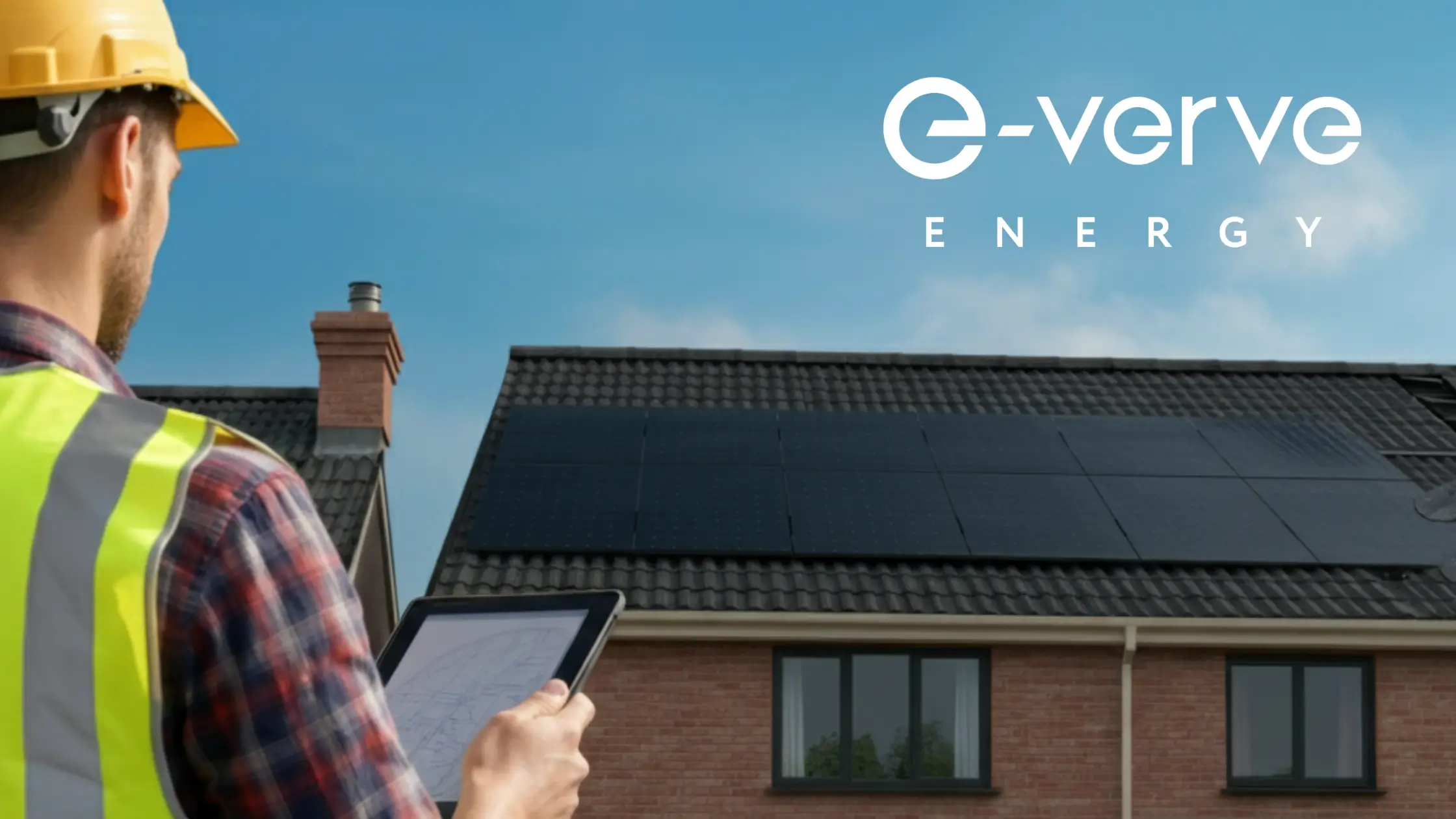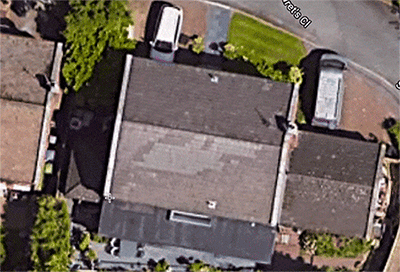How Many Solar Panels Do I Need?
Firstly investing in solar panels is a fantastic way to take control of your energy costs and reduce your carbon footprint. However, one of the first questions many UK homeowners ask when considering solar energy for their property is, “How many solar panels do I need?” This question has no one-size-fits-all answer, as the ideal number of solar panels depends on several factors.
Below, we’ll guide you through these key variables, offer examples of system performance, and show you how to estimate your needs with ease.
How many solar panels do I need and what should I factor in to my research?
Several important factors determine how many solar panels can be installed on your roof and how many are needed to meet your energy goals. By evaluating these, you can design a solar energy system perfectly suited to your needs.
1. Your Household Energy Usage
The amount of electricity your household consumes directly impacts how many panels you’ll need. Households with higher energy demands, such as families with electric vehicles (EVs) will naturally require larger systems.
For example, the average UK household consumes about 2,900 kWh of electricity per year. If your usage is similar, you may only need a modest system. However, if you aim to power more of your home’s energy needs or go completely off-grid, a larger setup will be essential.
2. Solar Panel Efficiency
Not all solar panels are created equal. The efficiency of the panels—that is, how effectively they convert sunlight into usable energy—can significantly affect how many you need. Furthermore high-efficiency panels like those with over 20% efficiency can generate more power in the same amount of space, reducing the total number of panels required.
For instance, if your roof space is limited, opting for efficient panels may be the ideal solution to meet your energy demands.
3. Available Roof Space
Your roof size and layout play a big role in determining how many panels can physically be installed. With a small or oddly shaped roof limiting the number of panels you can fit.
An average solar panel measures about 1.7m2, so an 8-panel system requires approximately 13.6m2 of roof space. If your roof cannot accommodate this, you may need to either reduce your system size or explore other configurations, such as ground-mounted panels.
4. Roof Orientation and Angle
Ideally, solar panels should face south to capture the most sunlight in the UK. East- or west-facing roofs can still generate power but may produce less energy over the day. The angle of your roof also matters—installing panels on a steeper or flatter-than-ideal slope can slightly reduce efficiency.
- South-facing roof at a 30-40° angle = maximum efficiency
- East- or west-facing roofs = slightly reduced output, but still viable
5. Shading
Shadows cast by chimneys, trees, or nearby buildings can block sunlight and lower panel performance. Modern systems often use microinverters or optimizers to mitigate shading issues by allowing individual panel performance to remain high even if others are partially shaded.
6. Expected System Output
Another critical factor is how much energy each panel, or system, produces. A standard solar panel in the UK typically produces between 250 and 400 watts, depending on efficiency and sunlight availability.
Examples of Typical Solar Panel System Performance
Understanding the approximate energy output of different system sizes can help you gauge what’s right for your home. Below are typical outputs for 8-, 6-, and 10-panel systems under average UK conditions.
6-Panel System
- System Size: Approximately 2.4 kW
- Annual Output: Roughly 2,040 kWh
- Best For: Compact homes or homes with limited roof space
This setup is ideal if roof space is restricted or if covering your entire electricity bill is not your primary goal.
8-Panel System
- System Size: Approximately 3.2 kW
- Annual Output: Roughly 2,720 kWh
- Best For: Small households or homes with moderate electricity needs
An 8-panel system can cover a significant portion of energy for smaller homes, especially if you practice energy efficiency.
10-Panel System
- System Size: Approximately 4 kW
- Annual Output: Roughly 3,400 kWh
- Best For: Larger households or homes with high energy usage
A 10-panel system is great for families who want to maximise their energy independence or who use power-intensive appliances like heat pumps or EV chargers.
How To Estimate Your Solar Panel Needs
Determining the exact number of panels your property requires can feel overwhelming, however, the process can be simplified using trusted tools and services.
Our quote builder tool takes your specific needs into account, such as your energy usage, available roof space, and orientation, to provide a tailored quote for your home.
Why Choose Solar Panels for Your Home?
Solar panels aren’t just an environmentally friendly choice; they can save you significant money in the long term. With increasing energy prices in the UK, many homeowners find they can recoup their initial investment in as little as 6-10 years, especially when paired Smart Export Guarantee tariffs and battery storage systems.
Protect Against Power Outages: Pairing solar panels with a battery backup system ensures you have power during outages, keeping your home running when the grid goes down.
Take Control of Rising Energy Costs: With solar, you’re less affected by fluctuating energy prices, giving you more control over your long-term expenses
Start Your Solar Journey
If you’d like to see how much solar panels could save on your bills, you can use our interactive quote tool to get your solar cost upfront with no pressure to commit.
We’re here to help you find the perfect setup for your home.
Get A Custom Quote From Local Solar Installers
Select your setup and receive your tailored solar quote instantly.
100+ Google Reviews


